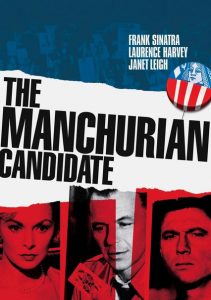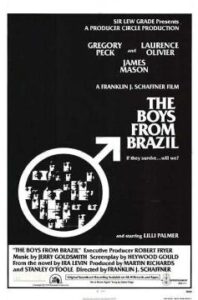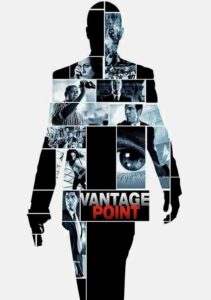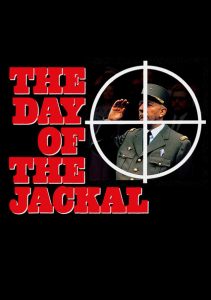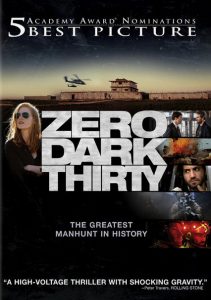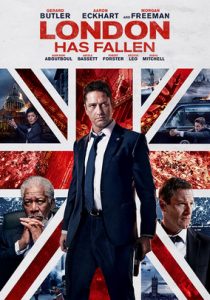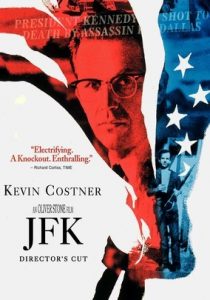The Manchurian Candidate-1962
Director John Frankenheimer
Starring Frank Sinatra, Laurence Harvey
Top 250 Films #195
Scott’s Review #852
Reviewed January 3, 2019
Grade: A
The Manchurian Candidate (1962) is an enthralling film that perfectly captures the political landscape of the time and continues to be relevant in present-day politics. Taut mysterious and filled with great twists and turns, the film flows nicely and climaxes with a shocking crescendo.
With compelling performances by all and a brilliant musical score, the film fires on all cylinders and can be watched and enjoyed repeatedly.
Events began in 1952 during the bloody Korean War. A United States platoon consisting of several men is accosted by the Soviets and sent to communist China for experimentation.
Three days later, the men return as if nothing happened, and Sergeant Raymond Shaw (Laurence Harvey) is proclaimed a hero and awarded the Medal of Honor for saving the men’s lives. When the war ended, the men returned to the United States to resume their everyday lives.
Years later, Captain Bennett Marco (Frank Sinatra) suffers from recurring nightmares in which Shaw murders two missing soldiers in front of a panel in a bizarre brainwashing demonstration. When another soldier in the platoon has the same nightmares, Army Intelligence begins an investigation.
Further complicating the plot is Raymond’s ambitious mother, Eleanor Iselin (Angela Lansbury), and her attempt to use any means necessary to guide her husband, Senator Iselin (James Gregory), to further power.
The Manchurian Candidate is a film that requires attention to appreciate and understand.
The plot is highly complex, but that is a testament to the film’s composition and hardly a complaint. The viewer must stay on course to appreciate the intricate details.
Director John Frankenheimer is fantastic at adding unique dramatic effects and imaginative film-making. A prime example is the brainwashing sequence, as dialogue is interspersed between what the soldiers think is happening (a peaceful grandmotherly horticulture demonstration) and reality (a dastardly experiment involving murder and programming).
Despite Sinatra being billed as the lead in the film, the most treasured props go to Lansbury as Eleanor and Harvey as Shaw. Raymond is the most developed character, and he has several sides. He is primarily a loner who appears cold and harsh due to his being programmed to assassinate.
A sequence involving the love of his life, Jocelyn (Leslie Parrish), and a romantic summer they share is beautiful and innocent, contrasting with the dismal and manufactured “new Raymond.”
Lansbury has never been cast in a more challenging role. Eleanor is determined to stop at nothing to ensure her husband will reach the presidency and connives and cheats her way to the top. Still, the part is written as such to avoid making her a complete one-note character despite her ways.
In an eerie scene close to the finale, she vows payback for what has been done to Raymond and then plants an incestuous kiss on his lips. An odd and disturbing moment, the scene also justifies in her mind the lengths she has gone to get what she wants.
The musical score is lovely and contradicts the dour backstabbing and espionage throughout. Romantic and sweet melodies abound, and classic hymns like The Twelve Days of Christmas and The Star-Spangled Banner are included in the film.
As a result, The Manchurian Candidate’s score feels multi-faceted, patriotic, and artistic with enchanting results.
The Manchurian Candidate (1962) is a stellar film with a perfect blend of thrills, deceit, politics, and creative filmmaking to make it a bold classic. The final sequence is jaw-dropping in its finality and brutality.
Remade in 2004 with a great cast yet a poor script, avoid that one at all costs and enjoy the power and lasting effects of the original.
Oscar Nominations: Best Supporting Actress-Angela Lansbury, Best Film Editing
